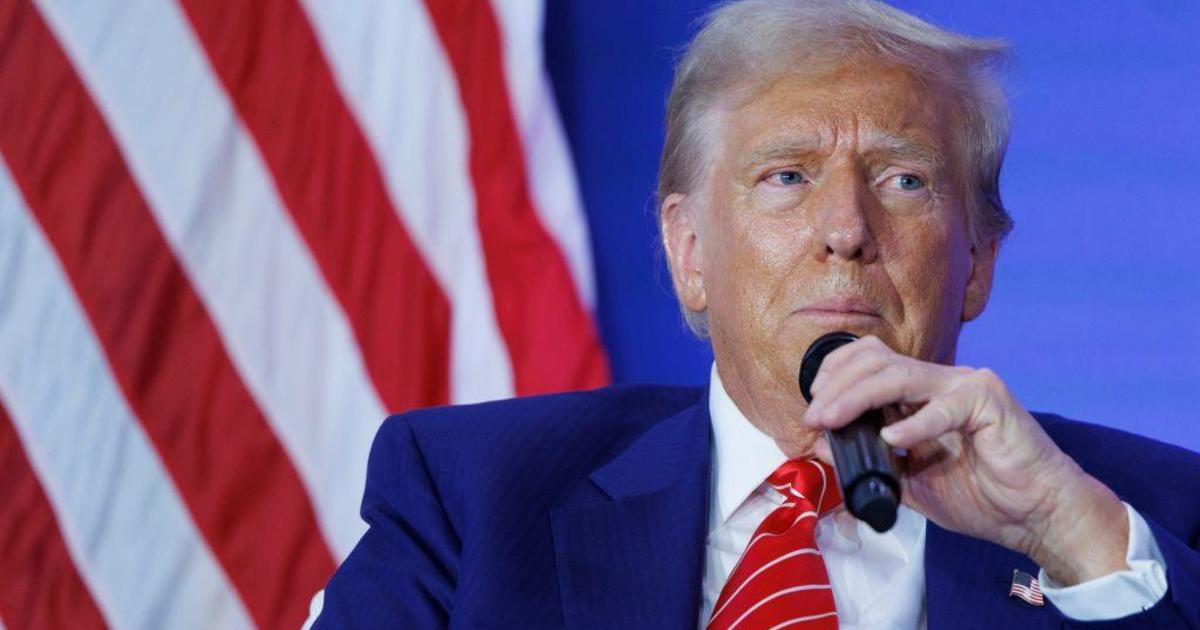Former President Donald Trump’s request to intervene in his New York hush money criminal case was swiftly rejected by a federal judge on Tuesday. U.S. District Judge Alvin Hellerstein denied Trump’s attempt to move the case to federal court in order to seek to have his conviction overturned following the U.S. Supreme Court’s ruling on presidential immunity. This ruling comes just two weeks before Trump is set to be sentenced in the state court where he was convicted.
In a four-page ruling, Hellerstein emphasized that the hush money payments at the center of Trump’s case were private, unofficial acts that fell outside the bounds of executive authority. He stated that the Supreme Court’s July 1 ruling did not impact his previous determination regarding the nature of the payments.
Trump’s lawyers initially sought intervention from the federal court last week, but their request was rejected due to a lack of clearance from Hellerstein. After resubmitting their paperwork on Tuesday, seeking permission to proceed, Hellerstein promptly issued a ruling denying their request.
Hellerstein also addressed the defense’s claims of unfair treatment by trial judge Juan M. Merchan, who had been accused of bias due to his daughter’s affiliation with the Democratic party. The judge dismissed these claims, stating that he did not have jurisdiction to review the propriety of the New York trial.
Despite the swift rejection of Trump’s request, a spokesperson for the former president indicated that they may seek to appeal the ruling. The Manhattan district attorney’s office, which prosecuted Trump’s case, declined to comment on the latest developments.
Merchan is expected to make key decisions in the coming days, including whether to delay Trump’s sentencing until after the November election and whether to overturn his conviction based on the Supreme Court’s immunity ruling. Trump was convicted in May on multiple felony counts related to falsifying business records in connection with a hush money payment to porn actor Stormy Daniels.
The sentencing for falsifying business records carries a potential sentence of up to four years in prison, as well as probation or fines. Trump’s lawyers have raised concerns about the timing of the sentencing, which is scheduled just two days after Merchan’s expected decision on immunity, and have argued that it could interfere with the upcoming election.
Prosecutors have not taken a firm stance on delaying sentencing, deferring to Merchan to establish an appropriate post-trial schedule. They have indicated a willingness to allow adequate time to adjudicate Trump’s motion to overturn the verdict while also ensuring that sentencing proceeds without undue delay.
In a recent court filing, Trump’s lawyers raised the possibility that he could be sent to jail just as early voting begins if the sentencing proceeds as scheduled. They have also criticized the prosecution for allegedly rushing to trial before the Supreme Court’s immunity ruling and for introducing evidence that they claim should not have been allowed.
While Merchan has rejected previous requests from Trump to recuse himself from the case, he has emphasized that issues of bias and fairness should be addressed through state appellate courts or the U.S. Supreme Court. Trump’s legal team has the option to pursue a state appeal or seek review from the Supreme Court regarding the handling of his case.
As the legal battle continues, Trump and his lawyers remain steadfast in their efforts to challenge the conviction and seek a resolution in federal court. The outcome of these proceedings could have significant implications for Trump’s future legal standing and political prospects.









